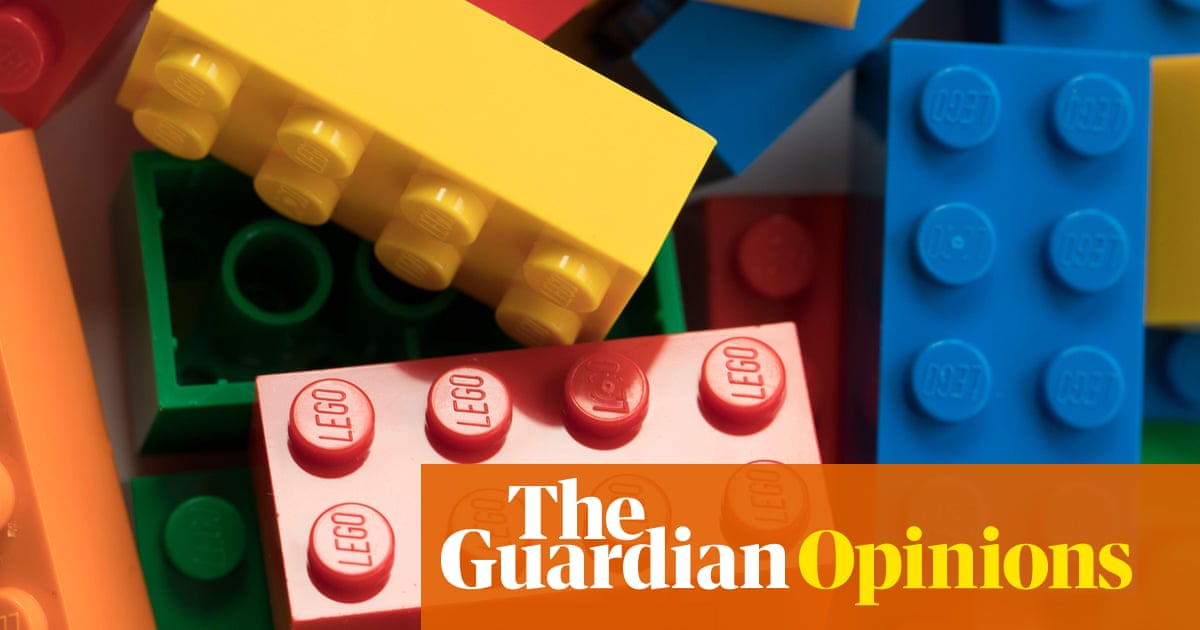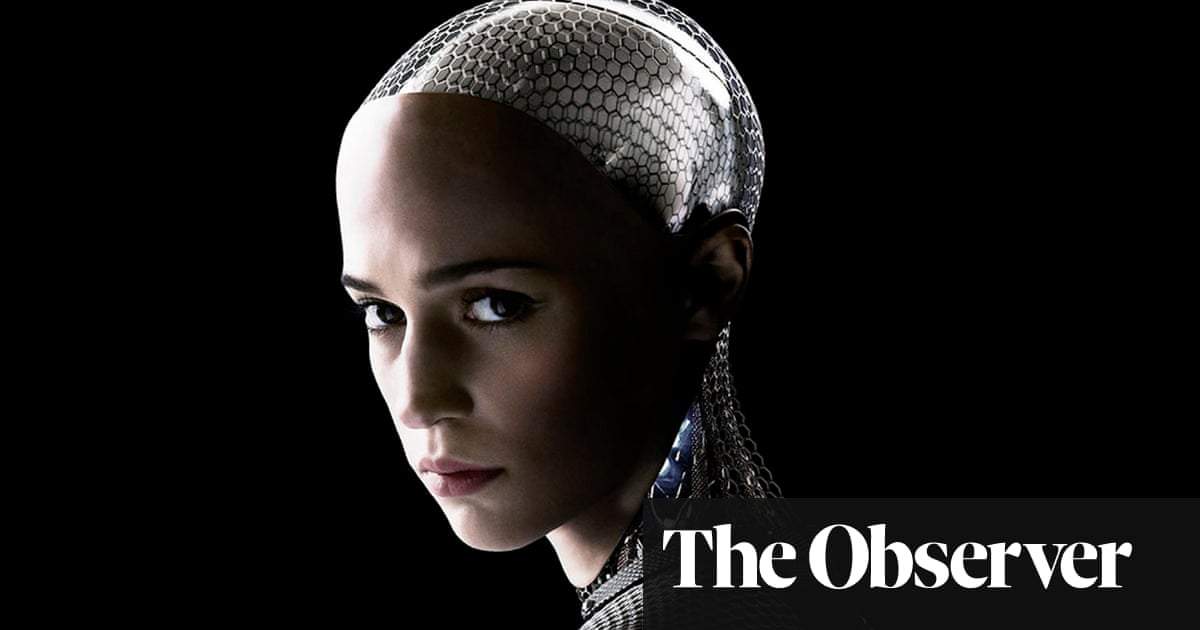
n the coronavirus pandemic the transition from being apparently healthy to desperately ill on a ventilator can be very sudden. The experience of one day being surrounded by family, the next by people dressed as though they’re in a science-fiction film must be terrifying. The fear of death is felt not only by the patient but by family and friends. In these moments, NHS staff form the barrier between life and death. And the starkness of the daily images we see has brought great appreciation for those people who help us in the transition from home to hospital – and, hopefully, back again.
Anxiety is common when we move across ordinary social boundaries or thresholds: from child to adult, from single to married, from student to graduate. We look up to those who help us, and are dependent upon their knowledge and skills to smooth the path. Currently, new boundaries are being created determining where we can go, who with and what for. Naturally, new anxieties are arising.
Perhaps the most significant transition, one that fascinates and frightens us, is between existence and nonexistence. It has traditionally been the role of religion to help us make sense of this threshold, and help us across without fear – indeed, with some hope. Whether it’s the ferryman crossing the River Styx or the last rites administered by a Catholic priest, belief systems and roles have been developed by most societies that can play a significant part in containing anxiety and opening up the promise of a better place to come. Today, in a modern, largely secular society, many have turned away from religion and priests as guides during this final transition.
Working with the NHS over many years, I have for some time thought about how the NHS as an institution and its staff as individuals have come to take on, albeit unwittingly, this quasi-religious role at the end of life. The NHS has become sacred – and the sacred is always infused with symbolism. There is an assumption that those involved with the sacred have an ability to rise above normal feelings. This is exemplified by the symbolic language we constantly apply to NHS staff. They are “saints”; they are “angels”; they perform “miracles”. This goes beyond the ordinary language of appreciation that we might use in relation to other people in public service.
The applause and banging of saucepans for NHS staff springs from a genuine desire to find some form of public appreciation, but we must be wary if this new ritual makes people feel guilty if they don’t join in.
Is it not just appropriate recognition and appreciation? I think it goes beyond that. It is in effect, albeit inadvertently, elevating the NHS to the level of the sacred. My concern about this relates mainly to NHS staff members themselves. Well before the pandemic there was understandable concern about their wellbeing at work. Now we are potentially putting them under even more stress.
The problem, I think, is one of unconscious identification. If staff are expected – publicly expected – to perform miracles, they might begin to feel that they can, or (worse) should, be able to do so. The bar is set ever higher, and stress and guilt over not meeting those standards can be detrimental to mental health and effectiveness. It is very moving to be appreciated, especially after long periods of austerity and lack of recognition. However, it can also be quite confusing when the very people who have denied pay rises and better conditions now join in this public appreciation, reinforcing the expectation of miracles. Being called a saint or miracle-worker might be very complimentary but it may come at a price: the sense that you must conform to the image of a saint. Saints endure pain. Saints appear to need little or no rest or sustenance. Saints do not ask for pay rises. What happens when people do die, as they must? The danger is that the personal experience of the staff is one of failure and depression.
Medicine is not a religion, and getting better is not simply a matter of belief or character. No matter what the advances in research, or the presence or absence of a pandemic, the NHS and its staff cannot stop us dying, even though they can prolong our lives. Of course the NHS does, and will always, play a part in managing the transition from life to death, for example in palliative care. Many have experienced directly the sensitivity of staff at such a time and their crucial work in managing a good death. However, we must be mindful that these people are human beings and take care not to idealise them. Assaults and abuse of NHS staff have risen significantly in recent years. The causes are likely to be many and varied, but it doesn’t seem far-fetched that some could be the result of a failure to fulfil unrealistic expectations.
NHS staff should not be placed under pressure to work unsafely – whether that is through long hours, the absence of appropriate PPE or the burden of unreasonable expectations. Courageous management and psychological support should be deployed to protect frontline staff from these stresses. Let us appreciate them through better pay and conditions rather than adulation for their “miracles”. Let us recognise that they do have the same feelings as us – including confusion, uncertainty, fear and anger. One consequence of elevating NHS staff to the realm of the sacred is that we find ourselves in danger of forgetting an essential element of religion: forgiveness for being human.
• Ian Macdonald is an organisational psychologist who has worked with the NHS












